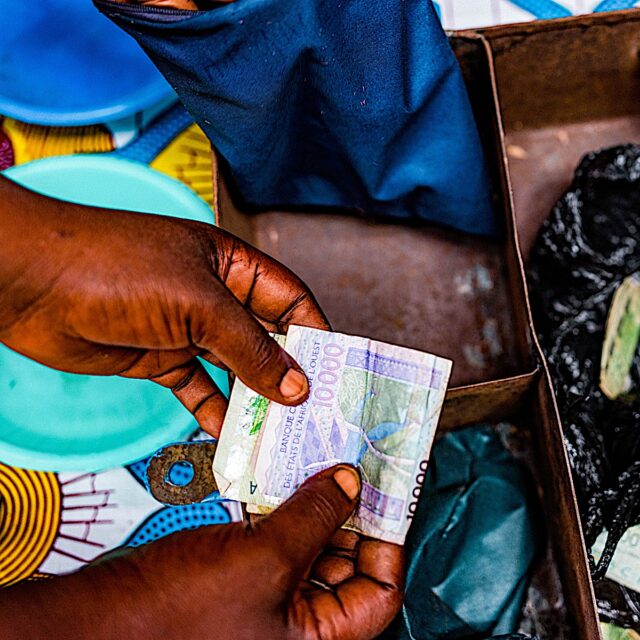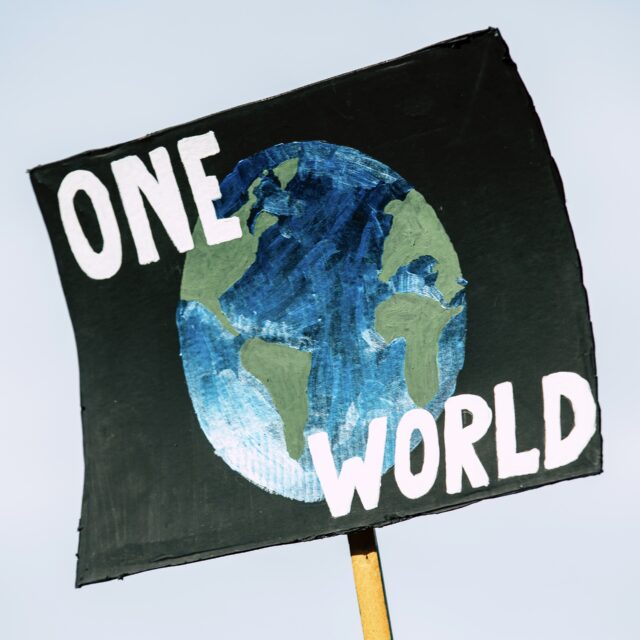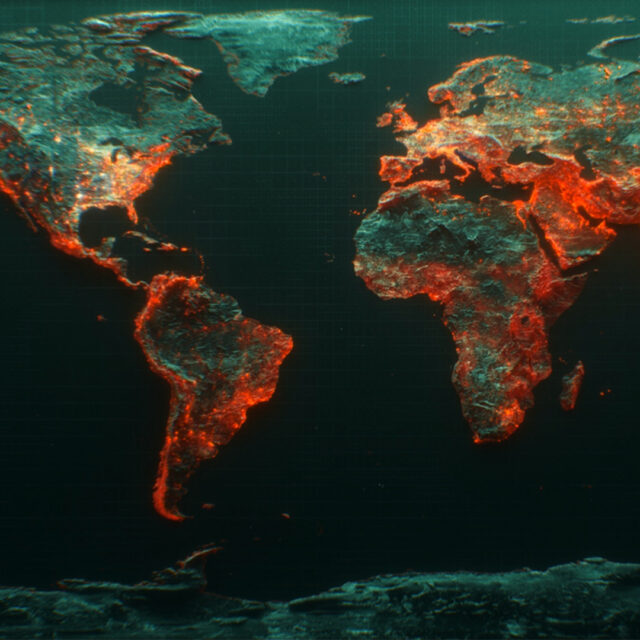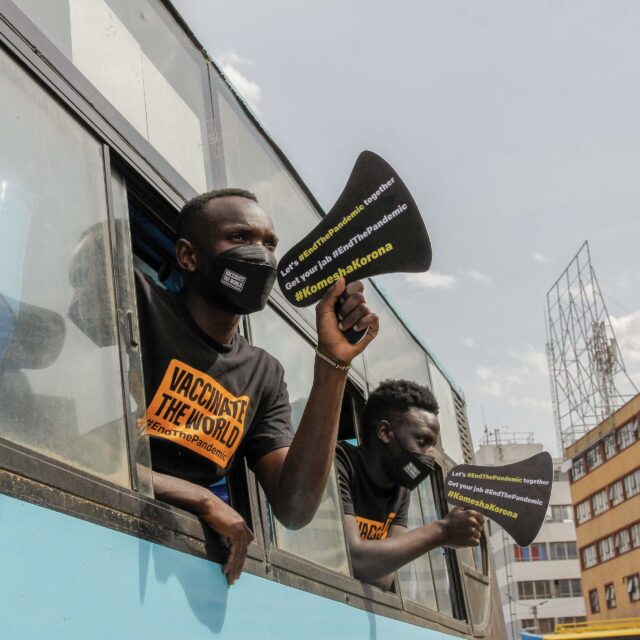The world has made massive strides in ending extreme poverty over the past two decades. Since 2000, over a billion people have escaped extreme poverty. At that rate, the global goal of ending extreme poverty by 2030 could be possible.
But the problem is far from solved. Today, 592 million people worldwide are living on under US$1.90 a day. While extreme poverty is decreasing on the whole, more people are entering extreme poverty in the countries most affected by poverty. 70% of people living in extreme poverty are in Africa, with about two people on the continent falling into extreme poverty every minute. Two-thirds of people in extreme poverty currently live in sub-Saharan Africa, and Nigeria, DR Congo, Madagascar, Ethiopia, and Tanzania have the highest number of people living in extreme poverty.
Extreme poverty isn’t a simple issue. Multiple factors contribute to continuing cycles of poverty. To break that cycle, we must address the root causes. By investing in good health, access to education, agriculture, and other key areas, we are simultaneously investing in the end of extreme poverty. That’s why ONE works to tackle these issues from all angles, so that we can make the end of extreme poverty a reality.
ONE’s fight to end extreme poverty
You may wonder why we campaign on HIV/AIDS, gender equality, vaccines, and other issues when our mission is focused on eradicating extreme poverty.
The fact is, each of these issues have something in common: investments in them allows for more people to leave poverty.
When we fight for these issues, we’re fighting to end extreme poverty at the same time. Here are a few examples:
Education
Increasing access to education, especially for girls, is a major factor that could lead to decreasing rates of poverty. Education improves quality of life and provides needed skills. In fact, if all students in low-income countries had basic reading skills, extreme poverty could decrease by 12%.
Quality education doesn’t only improve economic opportunities. It can help improve health outcomes, fight inequality, and counter conflict. In short, education is a lynchpin in breaking cycles of poverty because of its positive effect on other essential issues.
We spent a lot of 2017 advocating for girls’ education, which led to more funding for the Global Partnership for Education (GPE). That campaign may be over, but we’re still fighting to get kids learning worldwide.
Health
Ensuring good health leads to sustainable development, which helps whole communities combat poverty. If US$5 per person per year was invested in women and children’s health, the return on investment could be up to $45. When people are able to access health care and lead healthy lives, they can focus on education and work, allowing people to lift themselves — and potentially their communities — out of poverty.
Investing in strong and equitable health systems is top of ONE’s agenda. In 2019 leading up to the Global Fund Replenishment, we asked world leaders to step up the fight against HIV/AIDS, TB, and malaria — and they delivered with pledges worth an historic US$14 billion. Tackling these diseases — and all preventable diseases — makes a huge difference in the fight against poverty. We also advocated for Gavi, the Vaccine Alliance. This partnership has supported the immunisation of over 700 million children, protecting them from disease and helping to ensure a healthier future.
And the COVID-19 pandemic has proven that all countries are vulnerable to a health crisis no matter where it originates. Health security is only as strong as the weakest link in our interconnected world. Our ONE World campaign is calling on everyone to come together to protect the most vulnerable, to make treatment and a vaccine available to all, and to invest in global health security.
Agriculture
Investing in agriculture improves productivity, which can in turn combat hunger and global poverty. Growth in agriculture is 2-4 times more effective in reducing poverty than growth in any other sector.
The fight for gender equality has a lot to do with agriculture. Women rarely own the land they work on and often have limited decision-making power. Up to 150 million people would no longer face hunger if female farmers had equal investment and access to resources.
ONE has advocated for increased public spending on agriculture. We’re calling on African leaders to follow through the Malabo commitments, which requires them to spend at least 10% of their budget on agriculture and improve the quality of spending. We are also advocating for the rights and economic empowerment of youth and smallholder women farmers in Nigeria. Senegal and Mali.
Fragility
Fragile countries or regions are particularly vulnerable to unforeseen circumstances like natural disasters or economic crises. Areas of fragility often lack capacity to cope with the downfall of those events. This has a massive effect on extreme poverty, as 80% of people living in extreme poverty are expected to be in fragile states by 2030.
Tackling fragility would make a huge impact on ending extreme poverty. That’s why we’re standing behind a U.S. bill that would address the root causes of fragility in fragile states globally.
Continuing the fight
These are just some of the causes, campaigns, and acts that we’ve advocated for in the past years. All the work that happens at ONE is aimed towards the goal of making extreme poverty a thing of the past. But the fight isn’t over, so neither is our work. We’ve got more campaigns and actions coming on the horizon. No matter what we do in the future, there’s one thing that is sure to make it a success: you.
All of the work that happens at ONE only works if you, the everyday citizen, add your voice to the fight. Time and again, activists worldwide have proven that incredible things happen when we join together for a common cause.



